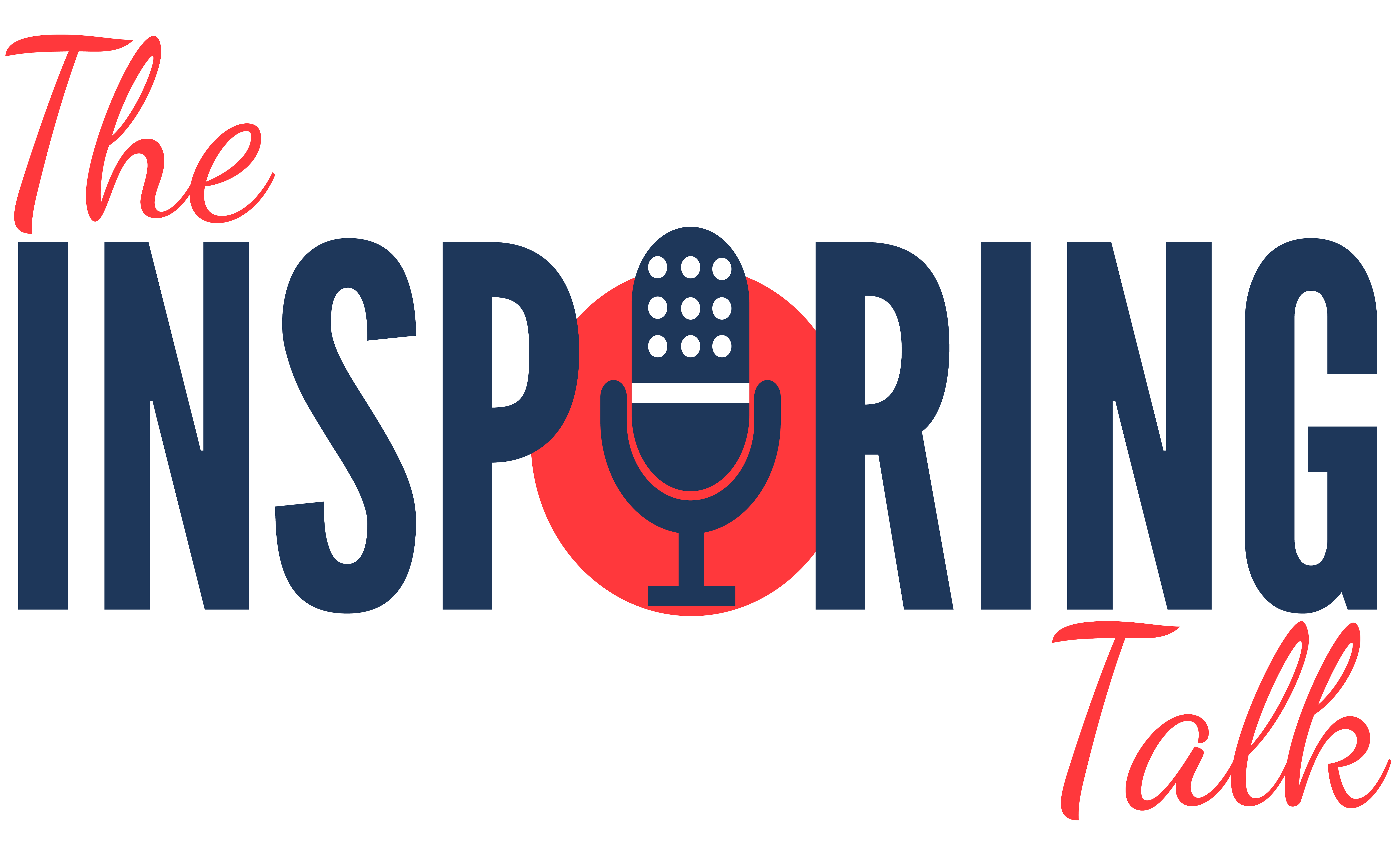Listen to this episode:
Subscribe on: Apple Podcasts | Play Music | Android | RSS | Castbox | Download (right click and save as)
How often we hear we are not good enough, we are not capable of doing or we are not worthy of the experiences from people around us?
Should that matter at all?
Hell No!
Stop listening to those noise and most importantly stop telling yourself those negative stuffs.
Have powerful and positive self-talk every single day.
Follow the Inspiring Talk on


One thought on “Have Powerful and Positive Self-Talk: Thursday Inspiration”
Thanks for sharing this.I like this so much 🙂 🙂 🙂 I’m currently working on the f# minor nocturne! they’re beautiful pieces.
Don’t get me wrong, you have to be strong and confident to be successful in just about anything you do – but with music, there’s a deeper emotional component to your failures and successes. If you fail a chemistry test, it’s because you either didn’t study enough, or just aren’t that good at chemistry (the latter of which is totally understandable). But if you fail at music, it can say something about your character. It could be because you didn’t practice enough – but, more terrifyingly, it could be because you aren’t resilient enough. Mastering chemistry requires diligence and smarts, but mastering a piano piece requires diligence and smarts, plus creativity, plus the immense capacity to both overcome emotional hurdles, and, simultaneously, to use that emotional component to bring the music alive.
Before I started taking piano, I had always imagined the Conservatory students to have it so good – I mean, for their homework, they get to play guitar, or jam on their saxophone, or sing songs! What fun! Compared to sitting in lab for four hours studying the optical properties of minerals, or discussing Lucretian theories of democracy and politics, I would play piano any day.
But after almost three years of piano at Orpheus Academy, I understand just how naïve this is. Playing music for credit is not “easy” or “fun” or “magical” or “lucky.” Mostly, it’s really freakin’ hard. It requires you to pick apart your piece, play every little segment over and over, dissect it, tinker with it, cry over it, feel completely lame about it, then get over yourself and start practicing again. You have to be precise and diligent, creative and robotic. And then – after all of this – you have to re-discover the emotional beauty in the piece, and use it in your performance.